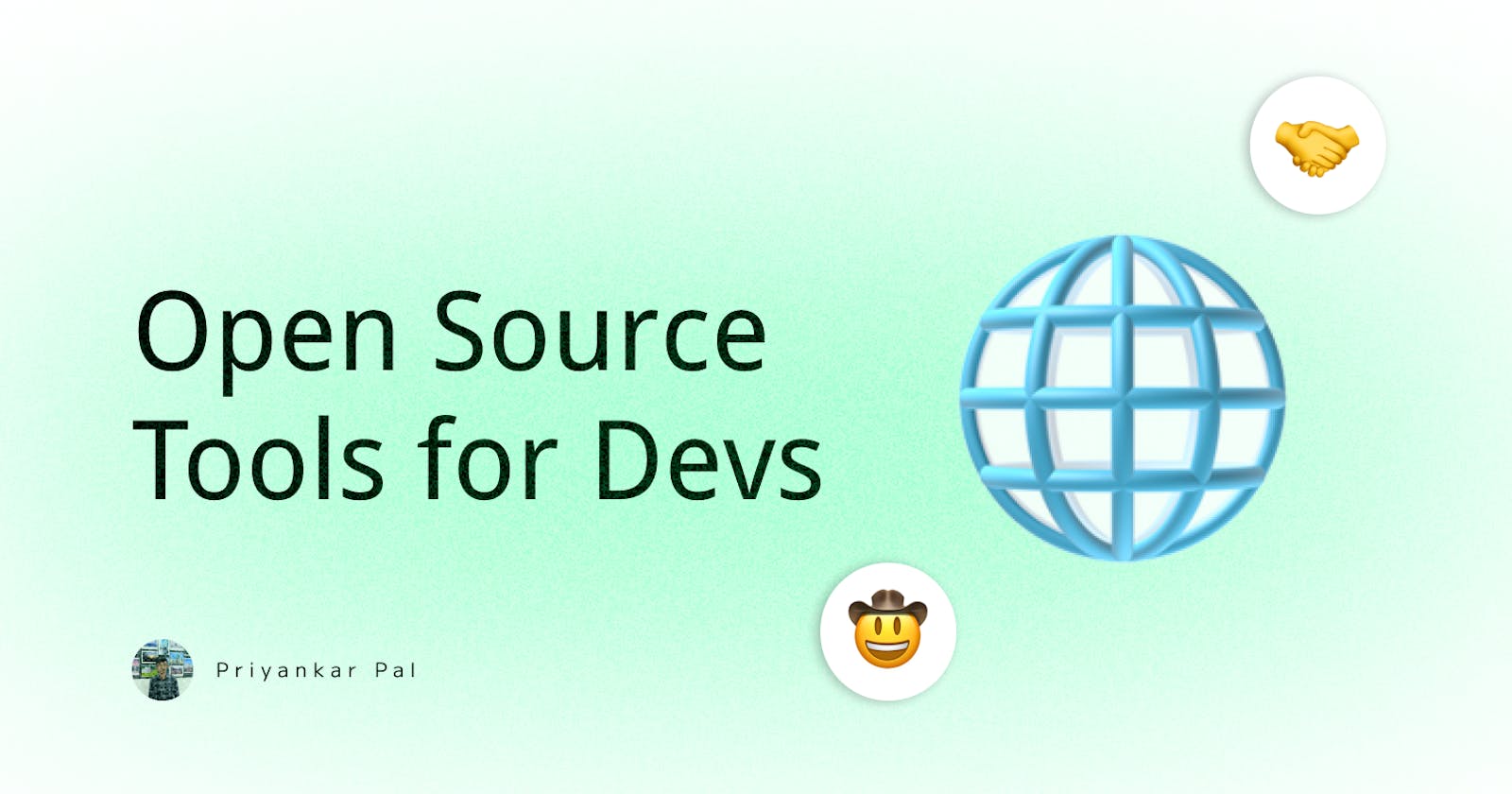10 Open Source Tools Every Developer Should Know About 😱
Here is the list of the top 10 Open Source tools that you use every single day but don't know
Open-source tools are an essential part of a developer's toolkit. They provide a wide range of functionality and can help developers save time and money. In this blog post, we will discuss 10 open-source tools that every developer should know about.
Before going to the main part if you don't know how to contribute to Open Source Projects remember to check Open Source is Awesome blog where I explained about it.

Here are the lists of the top 10 Open Source Tools:
Git:
![]()
Git is a distributed version control system that allows developers to keep track of their code changes. It is widely used by developers and is supported by most IDEs. Git is also a great tool for collaborating with other developers.
GitHub:
![]()
GitHub is a web-based platform that allows developers to host and share their code. It is built on top of Git and provides a wide range of features such as issue tracking, code review, and project management.
VS Code:
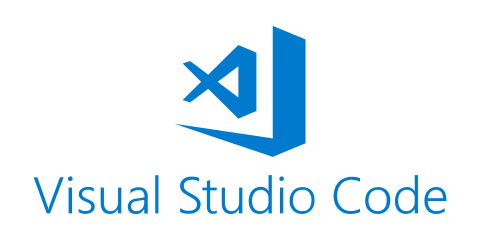
VS Code is a popular open-source code editor that is available for Windows, macOS, and Linux. It is lightweight and fast, making it a great choice for developers who work on multiple platforms.
Node.js:

Node.js is an open-source JavaScript runtime that allows developers to run JavaScript on the server. It is lightweight and efficient, making it a great choice for building web applications and APIs.
React:
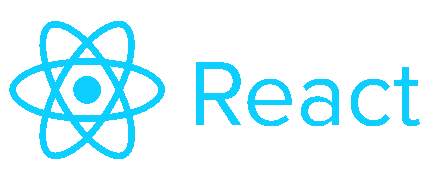
React is an open-source JavaScript library for building user interfaces. It is widely used by developers and is supported by Facebook. React allows developers to build reusable UI components and is a great choice for building dynamic web applications.
Angular:
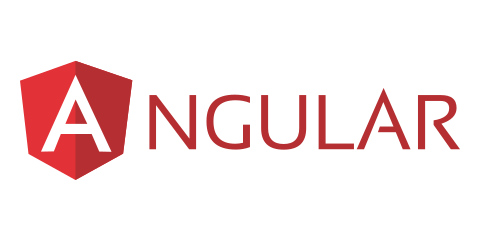
Angular is a popular open-source JavaScript framework for building web applications. It is supported by Google and provides a wide range of features such as data binding, dependency injection, and routing.
Vue.js:
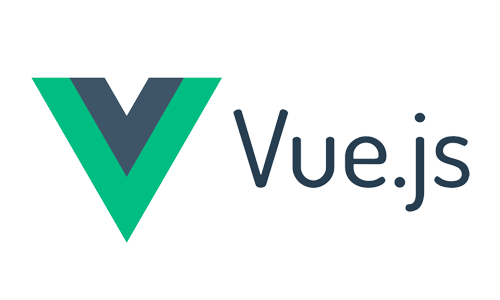
Vue.js is an open-source JavaScript framework for building user interfaces. It is similar to React and Angular and is a great choice for building dynamic web applications.
Docker:
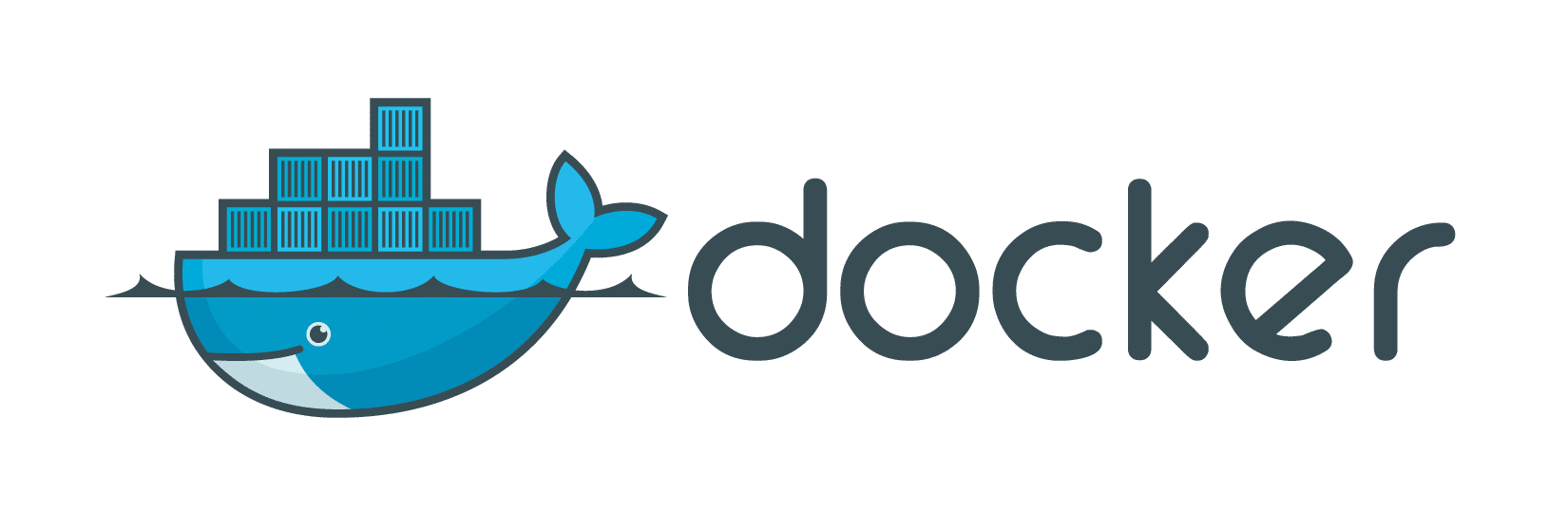
Docker is an open-source containerization platform that allows developers to package and deploy their applications in a consistent environment. It is widely used by developers and is supported by most cloud providers.
Kubernetes:

Kubernetes is an open-source container orchestration platform that allows developers to manage and scale their containerized applications. It is widely used by developers and is supported by most cloud providers.
PostgreSQL:

PostgreSQL is an open-source relational database management system. It is widely used by developers and is supported by most IDEs. PostgreSQL is a great choice for building web applications and APIs.
Why Open Source Tools?
Open Source tools are helpful because they are freely available and can be modified and distributed by anyone. This allows for a large community of developers to collaborate and improve the tool, resulting in a more robust and feature-rich product.
Some of the benefits of using Open Source tools include the:
Cost-effective: Open Source tools are often free to use, which can save organizations a significant amount of money compared to purchasing proprietary software.
Flexibility: Open source tools are often highly customizable, allowing users to tailor them to their specific needs.
Collaboration: Open source tools are developed by a community of users, which allows for collaboration and sharing of knowledge and expertise. This can lead to faster development and more robust features.
Transparency: Open source tools are open for anyone to view and modify the source code, which can increase trust and security.
Long-term viability: Open-source software is often maintained and updated by the community even if the original developer has stopped working on it, which ensures that the software will continue to be supported and updated in the future.
Accessibility: Open-source tools are often accessible to everyone, which can help to bridge the digital divide and enable more people to access technology and information.
Conclusion:
In conclusion, open-source tools are an essential part of a developer's toolkit. They provide a wide range of functionality and can help developers save time and money. These 10 open-source tools are widely used by developers and provide great functionality. It is important for developers to be familiar with these tools and to use them in their daily work.
Lastly, Open Source is Awesome 🔥
This blog is written for the “Open Source” track of CoCode Blogs.
